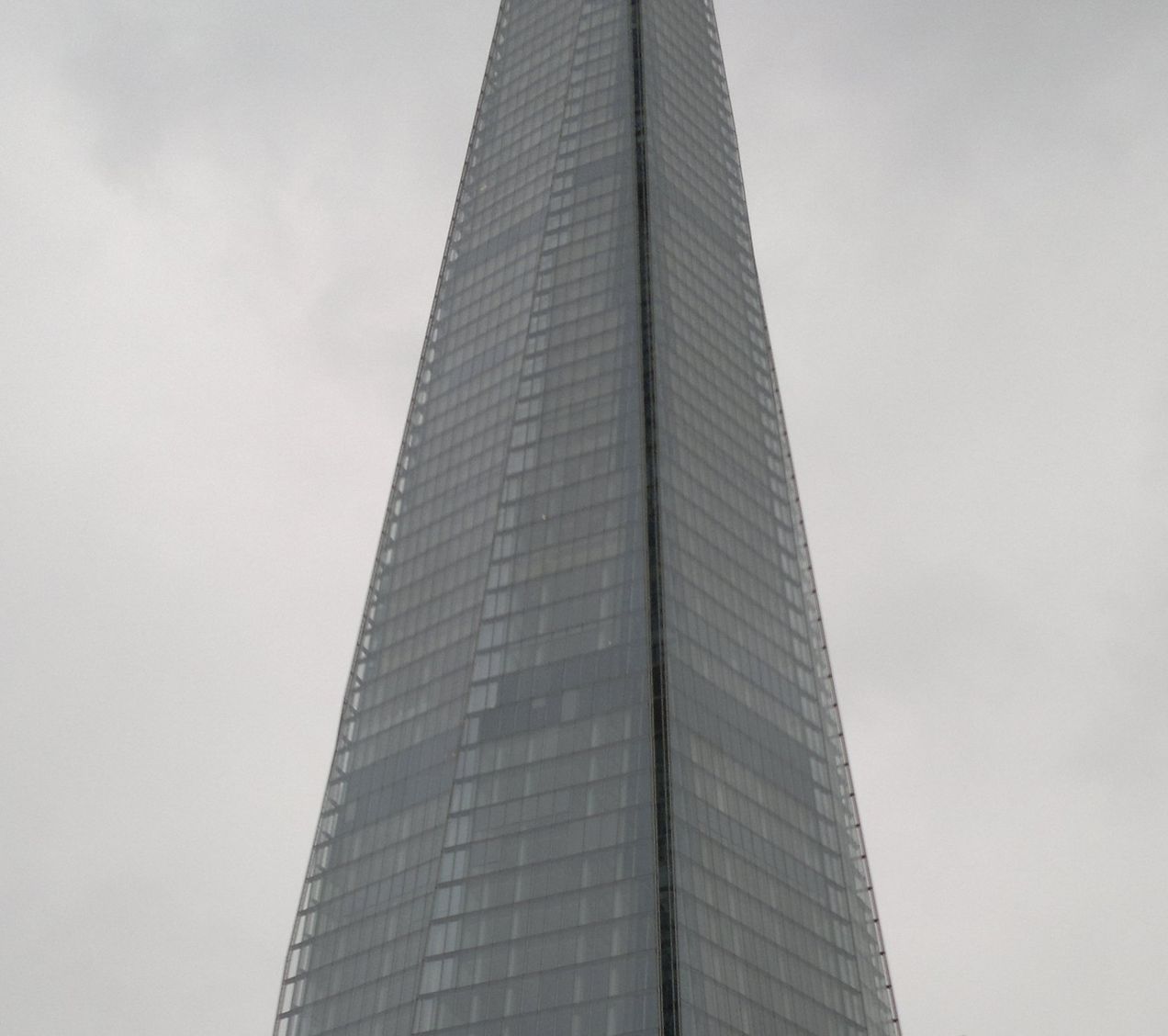
Green economics versus growth economics: The case of Thomas Piketty
Paul Mason’s Postcapitalism is an ambitious synthesis of a number of existing arguments that collectively aim to show that ‘capitalism is a complex, adaptive system which has reached the limits of its capacity to adapt,’ and which goes on to sketch a Postcapitalist future.
Green growth or de-growth? Alternatives to Austerity in Europe
Panel debate and public discussion, Europe House, London
Can Greens be part of a broad Anti-Austerity Front in Europe?
Green House coordinator Ray Cunningham argues in this Gas that Greens should beware of the temptation to enter into political alliances based on opposition to austerity alone.
Britain in a post-growth world
Jonathan Essex and Ray Cunningham disuses Green House's Post-Growth project at this event at the University of Sussex
CapGlobalCarbon
A proposal for non-governmental actors to create a new independent global system as a back-up to the inter-governmental negotiations to make sure the reductions in global carbon emissions required by climate science are achieved
Post Growth Project: the Regional Dimension
Panel discussion and public debate on the Post Growth Project: the Regional Dimension took place at Aston University
The Future of Local Government- Panel debate
Panel debate and public discussion on local governments
Tackling our Housing Crisis: why building more houses will not solve the problem
This report challenges the conventional policy wisdom of ‘just build more homes.’ It argues that the most significant cause of the affordability problem is not shortage of supply but a high level of inequality combined with a dysfunctional financial system.
Growth, Capitalism and the 'Green Economy': a response to Bill Blackwell
A response to Bill Blackwell’s ‘Why do capitalist economies need to grow?’
Why do capitalist economies need to grow?
Bill Blackwater in this gas explores the topic of capitalist economic growth
'The Post Growth Project' Book launches and debates
This event was held for the book launch of 'The Post-Growth Project: How the End of Economic Growth Could Bring a Fairer and Happier Society' published in 2014.
The Post-Growth Project: How the End of Economic Growth Could Bring a Fairer and Happier Society
This book challenges the assumption that it is bad news when the economy doesn’t grow.














